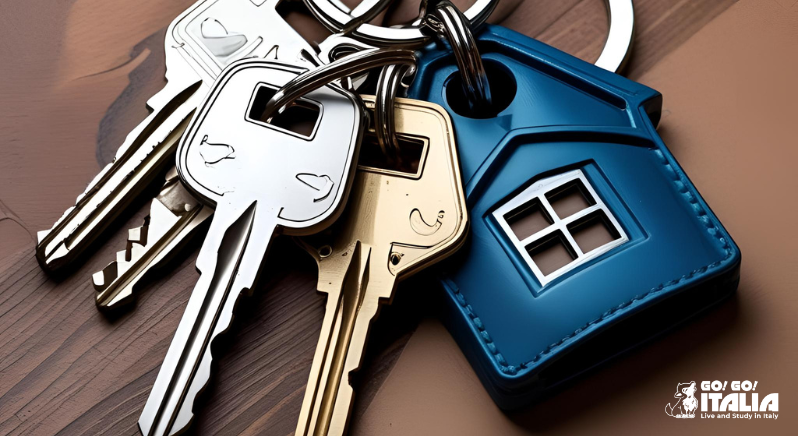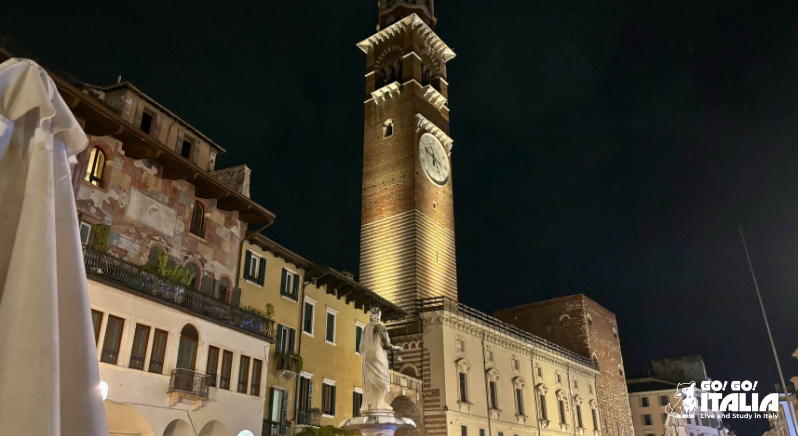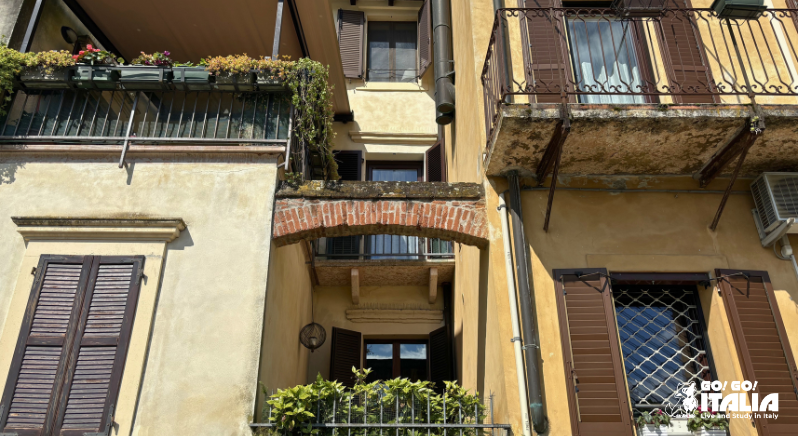Italy’s enchanting landscapes, rich cultural heritage, and relaxed lifestyle continue to draw people from around the globe looking to buy a second home, a retirement haven, or a sound real estate investment.
Buying property in Italy as a foreigner is entirely possible, but requires some careful planning and awareness of the legal, financial, and cultural aspects involved.
Can foreigners buy property in Italy?
Yes, foreigners can purchase property in Italy. Italy does not impose major restrictions on foreign ownership, but your ability to buy may depend on your nationality and residency status. Citizens of EU countries can buy property in Italy under the same conditions as Italians. For non-EU citizens, the principle of “reciprocity” applies: your home country must allow Italian citizens to buy property there. Fortunately, most countries, including the U.S., Canada, Australia, and the U.K. fall under this category.

Can you get a visa by buying property in Italy?
Currently, Italy does not offer a “Golden Visa” program specifically for purchasing real estate, unlike some other countries in Europe. Buying a home does not entitle you to a residency permit, but there are a few visa options that might be suitable if you plan to live in the property or spend extended time in the country:
- Elective residency visa (ERV): This visa is aimed at retirees or financially independent individuals who can prove a stable income from pensions, investments, or savings (not employment). While buying property can strengthen your application, you must still meet financial requirements and obtain private health insurance. This visa does not permit employment in Italy.
- Long stay student visa or work visa: If you’re planning to study or have secured a job in Italy, these visas are options independent of property ownership.
- Digital nomad visa: Italy just launched the digital nomad visa program, which allows remote workers to live in Italy long-term. Property ownership could strengthen your ties to the country, but would not replace the visa requirements.
In short, buying a home in Italy can support your visa application, especially under the Elective Residency category, but it is not a standalone path to residency.
Always consult with the Italian consulate in your home country or an immigration lawyer for up-to-date information based on your nationality and situation. If you need help finding an immigration lawyer, let us know! We’d be happy to connect you with our trusted legal partner.

The buying process
Buying property in Italy typically involves the following steps:
- Find a property
Begin your search online or through a licensed real estate agent. A bilingual agent is often helpful, especially for navigating contracts and negotiations. - Make an offer
A written offer is submitted, and if accepted, a deposit is paid to secure the property. - Preliminary contract (Compromesso)
A binding agreement is signed, usually with a 10–30% deposit. - Due diligence & legal checks
A notary verifies ownership, land registry records (catasto), ensures the property is free from debts, liens, or legal disputes, and confirms that all cadastral information is accurate and up to date. - Final Sale (Rogito)
The final contract is signed before the notary, remaining funds are paid, and ownership is transferred.
Costs and financing
Beyond the sale price, you should budget an extra 10–15% for:
- Notary and legal fees
- Agent commission
- Taxes (registration, cadastral, and mortgage taxes)
- Translator or interpreter, if required
Financing is possible, but foreign buyers often face more stringent requirements. Italian banks may require a larger down payment and thorough documentation of income and creditworthiness.

Ongoing costs and taxation
Property taxes in Italy include:
- IMU (for second homes)
- TARI (waste collection)
- Income tax if the property is rented
If you reside outside Italy, you may also have tax obligations in your home country. Italy has tax treaties with many countries to avoid double taxation.
Final thoughts
Buying property in Italy is entirely possible for foreigners and can mark the beginning of an exciting lifestyle shift or a valuable long-term investment.
From charming countryside homes to the well-known €1 properties aimed at revitalizing underpopulated towns, Italy offers unique opportunities for buyers worldwide.
Want to know more about Italy and Italian culture? Follow us on our social media!



